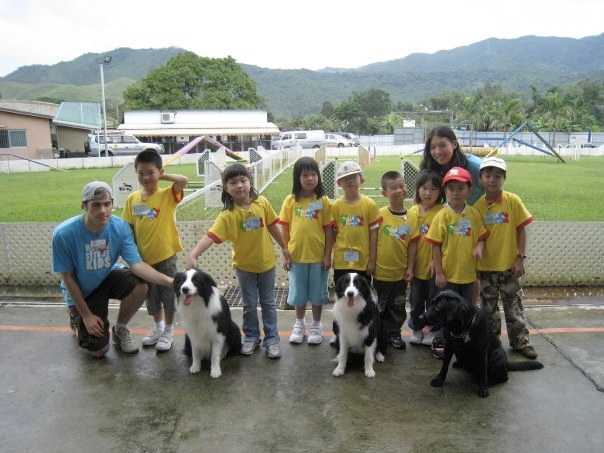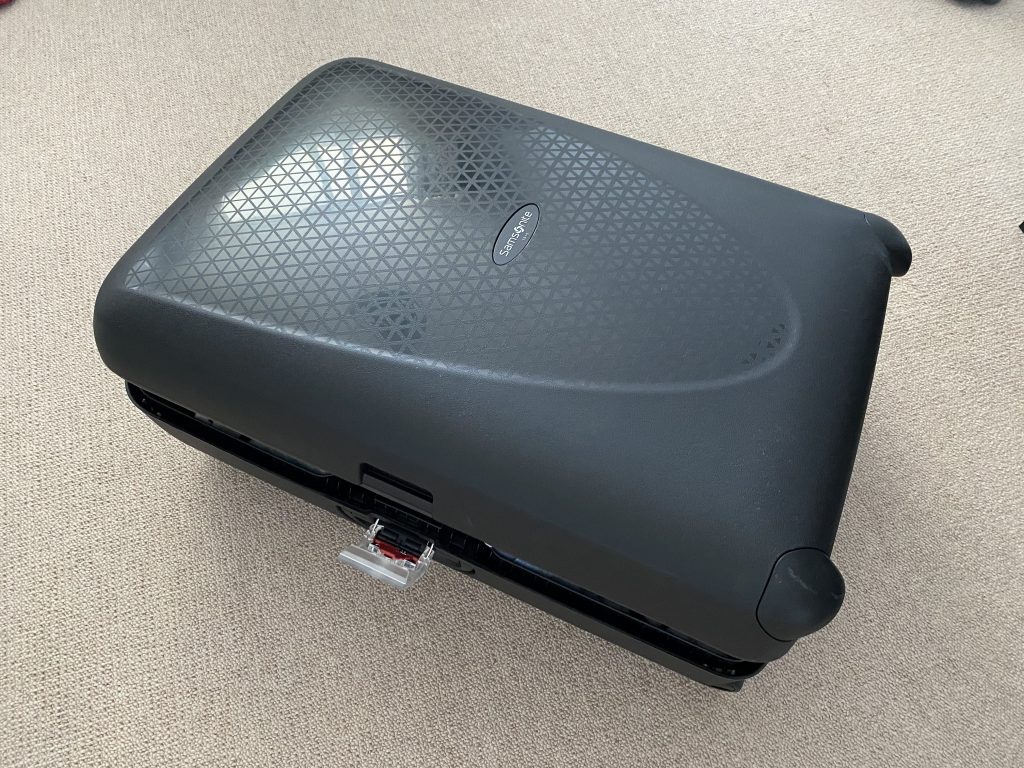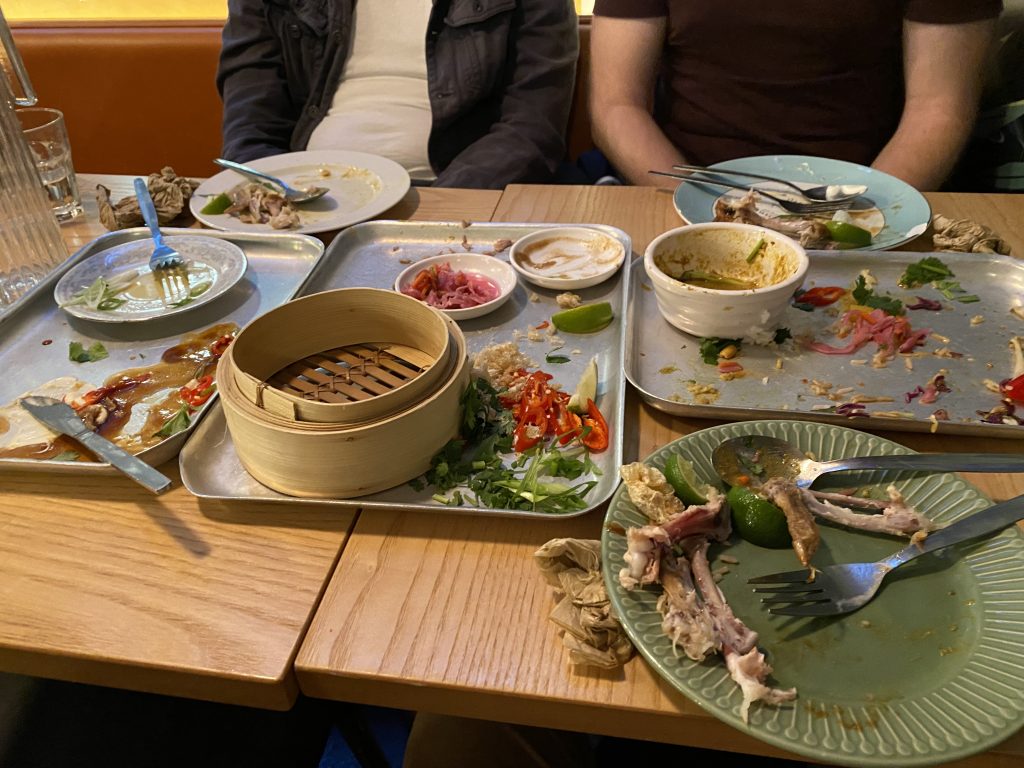1. Hey, can you please introduce yourself?
Hey 👋 I’m James, a solo founder currently in London and working on Hidoki.
I have an unhealthy obsession with how companies operate (I’m one of those people who reads books on Amazon processes in their spare time). Oh and I’m learning Japanese because that’s what internet people do, right?
My background is in video games so, when I get the chance, I like to inject a bit of that thinking into my products. I’m a jack of all trades, with experience in dev, product, and design.
2. What motivated you to choose remote working?
London WeWork is expensive! As a solo founder, it doesn’t make sense to spend money on office-space when I can be as effective from a desk at home. But I also find it much more practical and productive.
I used to be a big fan of in-office culture. I wanted the team to have the bond that comes from working together, and in product, it felt like speaking to users would be easier in-person. However the pandemic has shown that’s not the case. Colleagues were happier working remotely and just as productive.

From a personal perspective, my previous role was in leadership/management, so I was constantly context-switching and being approached at my desk which can be quite draining – especially for an introvert like myself. Working solo and remote is much calmer and focused. It’s amazing how much you can get done when your day isn’t filled with meetings.
3. What were your initial months like? Did it live up to your expectations?
The pandemic was a bit of a shock. Working remotely is fine, but more difficult when you can’t socialise with friends and family after work. Luckily I had a couple of great flatmates so wasn’t completely isolated.
On the solo founder side, the toughest part is the uncertainty and lack of a co-founder to share the journey. Sometimes I know I’m on the right track and it’s exhilarating, but at other times, struggling on the same feature for weeks, and without someone else to share the burden, motivation can be hard.
One thing that’s helped is joining a mastermind group of other solo founders. We hop on a call each week, discuss problems, get feedback, and provide support. I’d highly recommend this, particularly for solo founders.
4. How did you find remote working roles?
I am a solo remote founder and have not hunted for remote roles in my career.
5. What have been the best, good and worst aspects of remote working for you?
As a solo founder, my biggest challenges are more related to working alone than remotely. Particularly around motivation, and uncertainty. Again, having a good support network is key here. When you spend months on something and the reaction is negative, or worse, indifference, it’s absolutely crushing.

But being a solo founder is also amazing, because instead of spending all my time on management and communication, I can design, speak to customers, and build. Most of my day is focus time, and I have very few meetings. It’s ideal if you love to do a bit of everything and create from scratch.
On the remote side of things, not getting outside and not seeing people can be a problem, so I organise my lunch/break habits to force myself to get outside and socialise. But I love the flexibility with remote work. Some days I work in my room, sometimes the coffee shop, sometimes in a co-working space. And as a huge fan of travel, remote working has opened up opportunities that I didn’t have before. Next month I’ll be in Portugal, then Spain, then somewhere else exciting and new after that!
6. What tools do you swear by while working remotely?
I’m a fan of written communication, so good old email is great. I use Basecamp as a source of truth for tasks and docs, and of course Hidoki for tracking projects and sending updates to my stakeholders.
Alongside tools, company norms around communication are just as important. Are you expected to reply ASAP to that Slack message? Do people add meetings to your calendar with no-agenda when a simple email would be better? Decide on your culture, then choose your tools to suit.
7. Your most exciting/ hilarious experience since you started working remotely.
Accidentally walking naked from the shower into the background of my partner’s work video call. Luckily the blurry background filter was on. 😆
8. What is your golden advice to a new remote worker?
Build breaks in your day to get outside the house. Whether that be a walk in the park at lunch, or a couple of ten minute strolls to the coffee shop. Take time to disconnect and leave the desk.

9. How do you see your career shaping up and your goals?
I heard the phrase ‘health, wealth, and truth’ on a podcast the other day and it resonated with me. Maybe those are my goals?
In the short term, my sole focus is to get to profitability with Hidoki. As a founder, I’m always growing and learning, but without getting to profit, it can feel hollow.
I think the most satisfying thing for any founder is to build something you’re proud of, and that other people find valuable. If I can keep doing that long term, I’ll be happy.
10. How do you expect remote working to evolve in the future?
In software development, we’re used to globally distributed teams working on very complex projects without real-time communication (think GitHub style workflows), however these techniques haven’t filtered through to other parts of business. There’s so much opportunity here.
You can find out anything in the world online, but in many companies it’s only possible to find out what’s going on by attending the weekly Zoom status update call, or sending Slack messages and waiting for replies. This is crazy.
In future, the best companies will have a single place for all their company activity so anyone can see which projects are active, who’s working on them, and whether they’re on track. They’ll collaborate using async workflows. This is what I’m working on with Hidoki.
11. Where can we follow you on?
You can find me on Twitter at: https://twitter.com/tyro____. Please do get in touch if you’re interested in Hidoki, I’d love to talk. 🙂